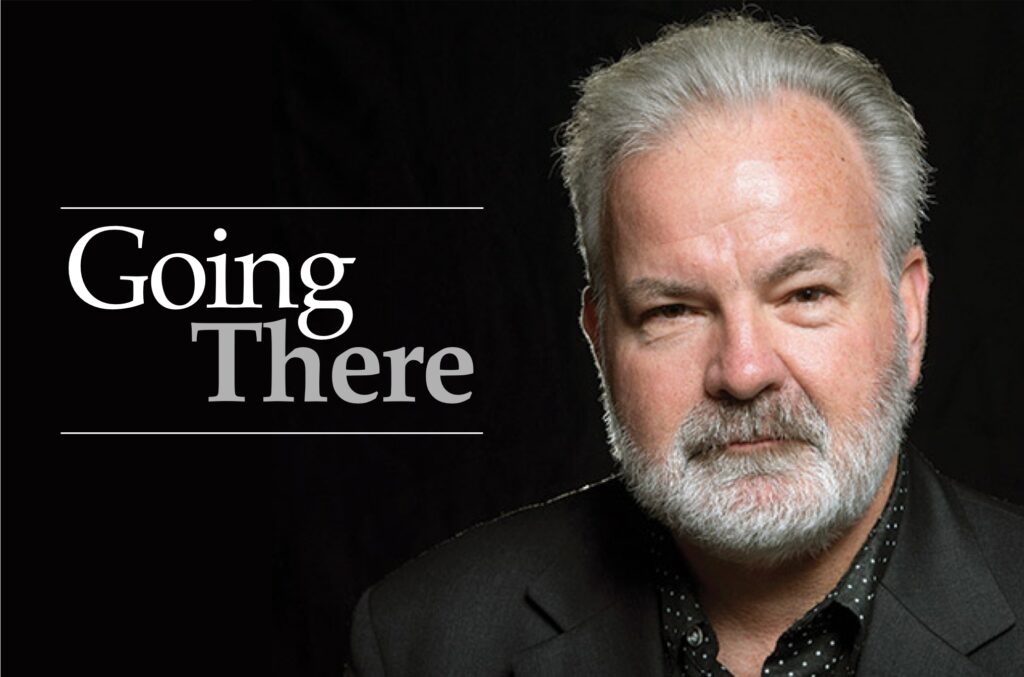SCOTUS misses the point of the Second Amendment
By Merrill Ring | Special to the Courier
The words “A well-regulated Militia, being necessary to the well-being of a Free State” are, as Scalia (District of Columbia v. Heller) correctly points out, a preamble to the remaining words “the right of the people to keep and bear arms, shall not be infringed.”
Preambles, especially in law, typically consist of explanations and justifications for what follows. The preamble to the entire Constitution “sets the stage for the Constitution. It clearly communicates the intentions of the framers and the purpose of the document. The preamble is an introduction to the highest law of the land; it is not the law. It does not define government powers or individual rights.”
What Scalia (and the Court) does, having noted that there is a preamble in the Second Amendment, is to toss it out as irrelevant to what the Court should hold about the Second. As a result, he takes “the right of the people …” to be the only clause that the Court, in understanding, interpreting, this provision of the Constitution, must pay attention to. And, of course, that clause says flatly that there is an unexceptional (?) right to guns. Thus, the Court’s rejection of gun control.
Should we go along with that? Should not the explanatory preamble be taken into consideration in deciding questions about whether people in this country should have a right to gun ownership?
The Court’s aim is to understand the Constitution and its provisions. And that explanation in the preamble of why we should have that right is part of the Constitution. The Court, in its constitutional role, must consider the entire Second Amendment. Yet that is just what Scalia and the Court refused to do, treating the words in the preamble as rather like “I say unto you,” as if they were legal fluff.
However, the preamble explains why a certain right must exist. The reason for the right is that a militia is necessary to the defense of freedom. Given that, a certain consequence follows, a certain right must exist.
The background to understanding that reason is that, while the Constitution does provide for an army, it is not a standing army: Congress has the power “To raise and support Armies, but no Appropriation of Money to that Use shall be for a longer Term than two Years” (Article 1, Section 8). There is no provision, as there is for a navy, for an army being a continuing agency of the government, a continuing military force.
It is in the context of the provision against a standing army that the Second Amendment exists in the Constitution. It says that a militia is necessary to the country’s freedom (there being no standing army) and as a consequence it is necessary that citizens be armed, and as a consequence they have a right to be armed.
So, what happens when the country, contrary to the original Constitution, created a standing army? Then a militia is no longer necessary for its defense. That is, the condition mentioned in the preamble for having the right in question no longer exists: a militia is no longer necessary for the defense of the country’s freedom. As a result of the non-existence of the condition on which the right to gun ownership rests, the entire final clause becomes null and void. No such current right is thus established by the Second Amendment.
The Second Amendment, as a result of the creation of a standing army, has become rather like the appendix in the human body: an irritating historical remnant. It, given the existence of a standing army, has no role to play in the Constitution and the country.
That conclusion does not mean that there is no right for citizens to own guns. That right can be defended under the Ninth Amendment: “The enumeration in the Constitution, of certain rights, shall not be construed to deny or disparage others retained by the people.” Given that, at the time, guns were important to both personal and local defense and for use in hunting, a strong case can be made that gun ownership is a constitutional right.
But of course, the pro-gun faction in the country does not like that way of constitutionally supporting gun ownership. First, it does not make gun ownership an explicit constitutional right — it becomes an inferred right. Inferred rights are not as solidly grounded as constitutionally explicit rights, ones so important to our way of life that this one is mentioned right there as the second item in the Bill of Rights. Second, the requirement in the Second Amendment that gun rights “shall not be infringed” is highly likely not to be part of an inferred right, and that means that all sorts of restrictions on gun ownership might be constitutionally acceptable under the Ninth Amendment – and the core of the current pro-gun faction wants unrestricted access to and possession of guns.
For those reasons, the current pro-gun group wants the Second Amendment to be the constitutional source of a right to gun ownership. Consequently, they applaud the Court’s misunderstanding.
Merrill Ring, a Claremont community activist for more than 40 years, is a retired professor of philosophy and dedicated Courier letter writer.









0 Comments